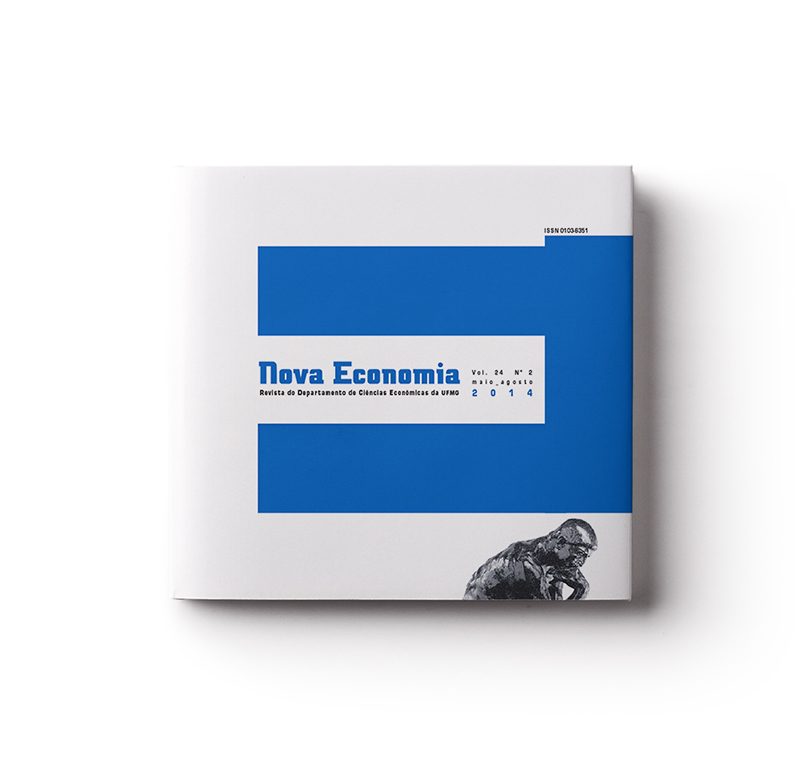Intervenção governamental, crescimento e bem-estar: efeitos da política de Equalização das Taxas de Juros do crédito rural nas regiões brasileiras
Palavras-chave:
subsídios, crescimento econômico, bem-estar, equilíbrio geral, regiões brasileirasResumo
O objetivo geral do trabalho é avaliar os impactos dos gastos governamentais com a política de Equalização das Taxas de Juros (ETJ) no crescimento econômico e bem-estar das cinco macrorregiões brasileiras. As simulações foram realizadas através do Projeto de Análise de Equilíbrio Geral da Economia Brasileira (PAEG). Verifica-se que a política de ETJ proporciona crescimento econômico nas regiões Centro-Oeste, Nordeste e Sul superior a seu custo. Por outro lado, nas regiões Norte e Sudeste, observa-se queda no PIB mediante os gastos com a ETJ. Para o Brasil, a política é custo-efetiva e apresenta retorno de 34%. Além disso, todas as regiões são beneficiadas em termos de bem-estar. Conclui-se que a política de ETJ é eficiente e contribui para a redução das disparidades regionais.Downloads
Publicado
2014-09-29
Como Citar
CARDOSO, D. F.; TEIXEIRA, E. C.; GURGEL, Ângelo C.; DE CASTRO, E. R. Intervenção governamental, crescimento e bem-estar: efeitos da política de Equalização das Taxas de Juros do crédito rural nas regiões brasileiras. Nova Economia, [S. l.], v. 24, n. 2, 2014. Disponível em: https://revistas.face.ufmg.br/index.php/novaeconomia/article/view/1281. Acesso em: 25 dez. 2025.
Edição
Seção
Números Regulares
Licença
Autore[a]s que publicam nesta revista concordam com os seguintes termos:
- Autore[a]s mantém os direitos autorais e concedem à revista o direito de primeira publicação, com o trabalho simultaneamente licenciado sob a Licença Creative Commons Atribuição 4.0 Internacional que permite o compartilhamento do trabalho com reconhecimento da autoria e publicação inicial nesta revista.
- Autore[a]s têm autorização para assumir contratos adicionais separadamente, para distribuição não-exclusiva da versão do trabalho publicada nesta revista (ex.: publicar em repositório institucional ou como capítulo de livro), com reconhecimento de autoria e publicação inicial nesta revista.
- Autores têm permissão e são estimulados a publicar e distribuir seu trabalho online (ex.: em repositórios institucionais ou na sua página pessoal) a qualquer ponto antes ou durante o processo editorial, já que isso pode gerar alterações produtivas, bem como aumentar o impacto e a citação do trabalho publicado (Veja O Efeito do Acesso Livre).




